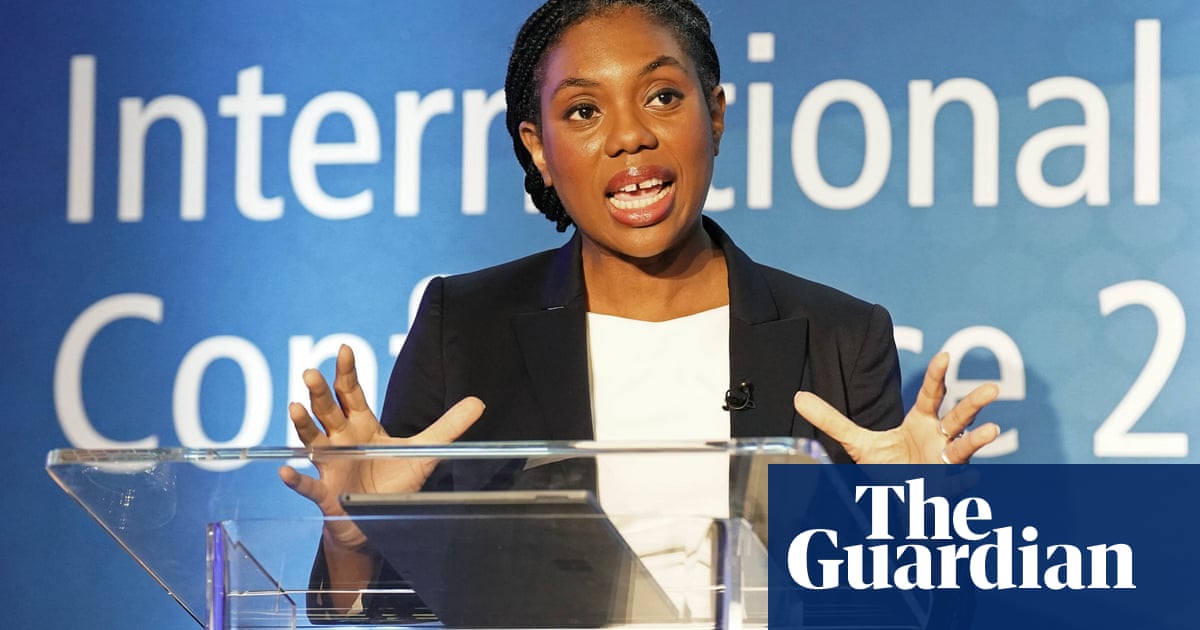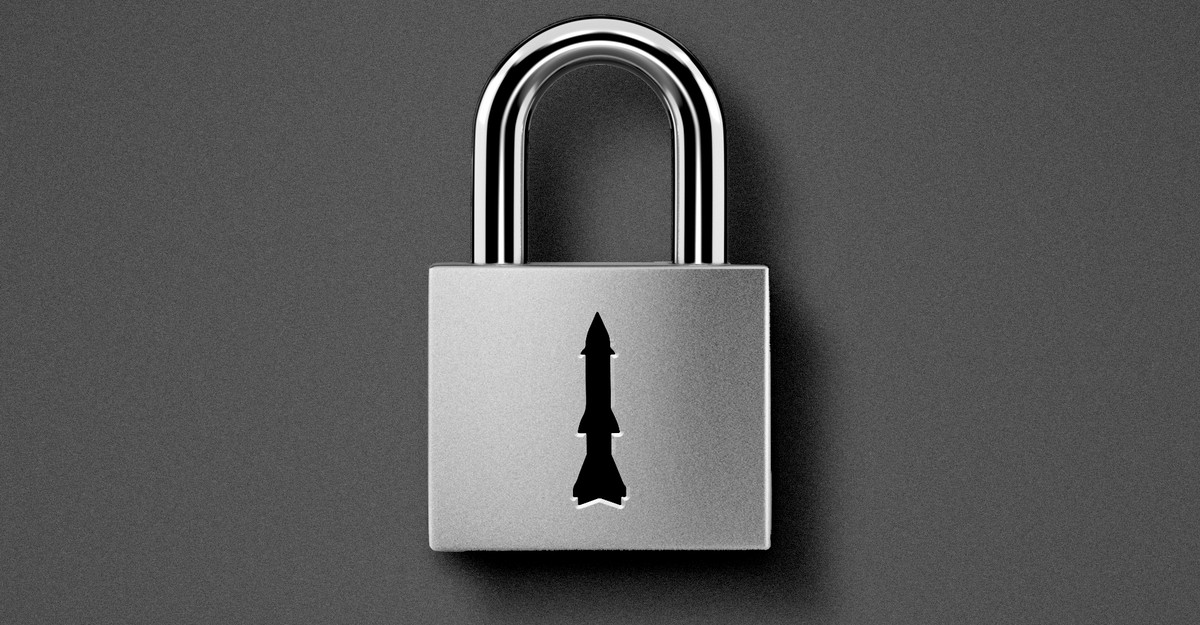- 67,730
- 102,699
- Joined
- Apr 30, 2010
Still so weird to me how these grown men talk about Trump. Did they grow up with a father? It's like they're seeking a father figure in their adulthood.
Follow along with the video below to see how to install our site as a web app on your home screen.

Note: this_feature_currently_requires_accessing_site_using_safari
Still so weird to me how these grown men talk about Trump. Did they grow up with a father? It's like they're seeking a father figure in their adulthood.

One of the more famous people in Boston telling everybody how well trump remembers people’s names is hilarious.

“It matters, because if people genuinely believe that the UK only grew and developed into an advanced economy because of exploitation and oppression, then the solutions they will devise will make our growth and productivity problem even worse,” she said.
“It matters in other countries too, because
“And it matters when, as your trade secretary, I go to the World Trade Organization conference negotiating on the UK’s behalf, and some of my counterparts spend the entire time in meetings talking about colonialism, blame the west for their economic difficulties, and make demands that would make all of us – not just in this country, but around the world – poorer.”
Her comments come nearly a year after the UK prime minister, Rishi Sunak, refused to apologise for the UK’s role in the slave trade or to commit to paying reparations.
That was despite descendants of some of Britain’s wealthiest enslavers calling on the government to apologise for slavery and begin a programme of reparative justice in light of the “ongoing consequences of this crime against humanity”.
“Its after-effects still harm people’s lives in Britain, as well as in the Caribbean countries where our ancestors made money,” a member of the Heirs of Slavery campaign group said.
A report published by the University of the West Indies last June concluded that the UK alone owed $24tn (£18.8tn) in reparations for transatlantic slavery in 14 countries, including $9.6tn to Jamaica. The report used calculations made by the Brattle Group, which factored in the wealth and GDP amassed by countries that enslaved African people.


The United States has made a number of strategic miscalculations since Russia invaded Ukraine in 2022, but the single greatest may be the message that the Biden administration just sent about nuclear weapons. The U.S. showed that it would protect a nuclear-armed friend, Israel, from an as-yet-nonnuclear enemy (Iran); at the same time, Washington has refused to consider using its forces to defend a nonnuclear friend (Ukraine) against a nuclear-armed Russia.
Other governments will deduce that states with nuclear weapons can barbarically attack America’s friends and bully U.S. leaders into abandoning them. The British government has underscored that sentiment by basically admitting that, precisely because of fears of escalation with Russia, Ukraine won’t get the same help that Israel did. Even if the U.S. and its allies were more coy about their calculations, their conduct will encourage a wave of nuclear proliferation in the coming years.
The immediate aid that the U.S. and its allies provided to Israel hints at how much more of a difference they could make in the Ukrainian war effort. They could, for instance, institute a no-fly zone over the western part of Ukraine. This would protect vital infrastructure in half of Ukraine from missiles and drones—while also using the West’s own power of deterrence to keep out manned Russian aircraft. Furthermore, by protecting the western half of Ukraine, the U.S. would allow the Ukrainian military to concentrate its air-defense efforts in the east. The beleaguered Ukrainians would have fewer variables to worry about and could use their precious stocks of anti-air ammunition more efficiently.
Instead, the Biden administration is allowing Russia to use the threat of nuclear weapons as cover for its effort to conquer a sovereign neighbor by force. Ukraine is not just any nonnuclear state; it is a state that gave up its nuclear weapons because the U.S. and Russia firmly promised in 1994 to respect its territorial integrity.
In their passivity, the U.S. and its allies are acquiescing in the destruction of the post–World War II nuclear order—which in many ways was a great success. Since the Second World War, the two major nuclear powers never used their nuclear weapons to win wars—even when, as with the U.S. in Vietnam or the Soviet Union in Afghanistan, they were losing in conventional warfare. And although a small number of other states, including China, India, Pakistan, Israel, and North Korea, have built nuclear arsenals, many more governments with the capacity to develop nuclear weapons have so far declined to do so.